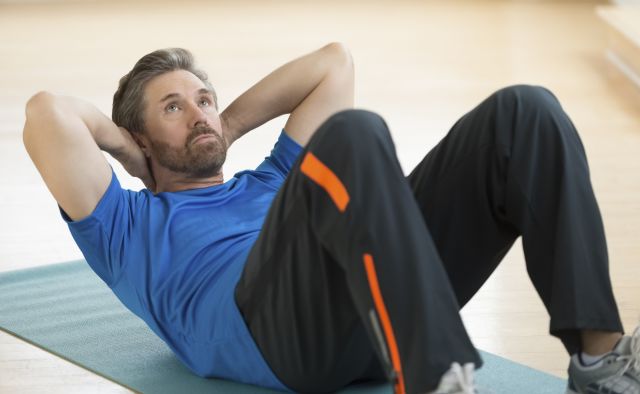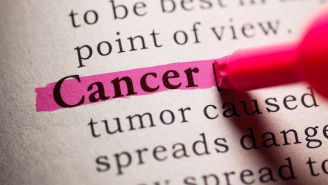Your odds of developing non-Hodgkin's lymphoma: about 1 in 50.
But you can reduce your risk by 21 percent if you are a man or by 41 percent if you are a woman by doing a little bit more of something you're probably already doing—exercising. How much do you need to sweat to see your risk drop?
Risk raisers
Rates of non-Hodgkin's lymphoma (NHL) continue to climb, and researchers aren't really sure why. Risk rises in people who have a weak immune system, have infections like Epstein-Barr or Helicobacter pylori, have a family history of the disease or experience toxin exposure (e.g., pesticides).
Exercise this much
But men and women who get about 4 to 5 hours per week of moderate to vigorous physical activity have much lower rates of NHL compared to their inactive peers.
So that means doing something more intense than taking a leisurely stroll through the park now and then. Get that heart pounding a little—whether you do it by playing volleyball, chasing down Frisbees, walking briskly or swimming laps. Each spike, catch, step and lap helps strengthen your immune system, enhances antioxidant activity, improves insulin sensitivity and combats obesity—all of which can help decrease your risk of NHL.





